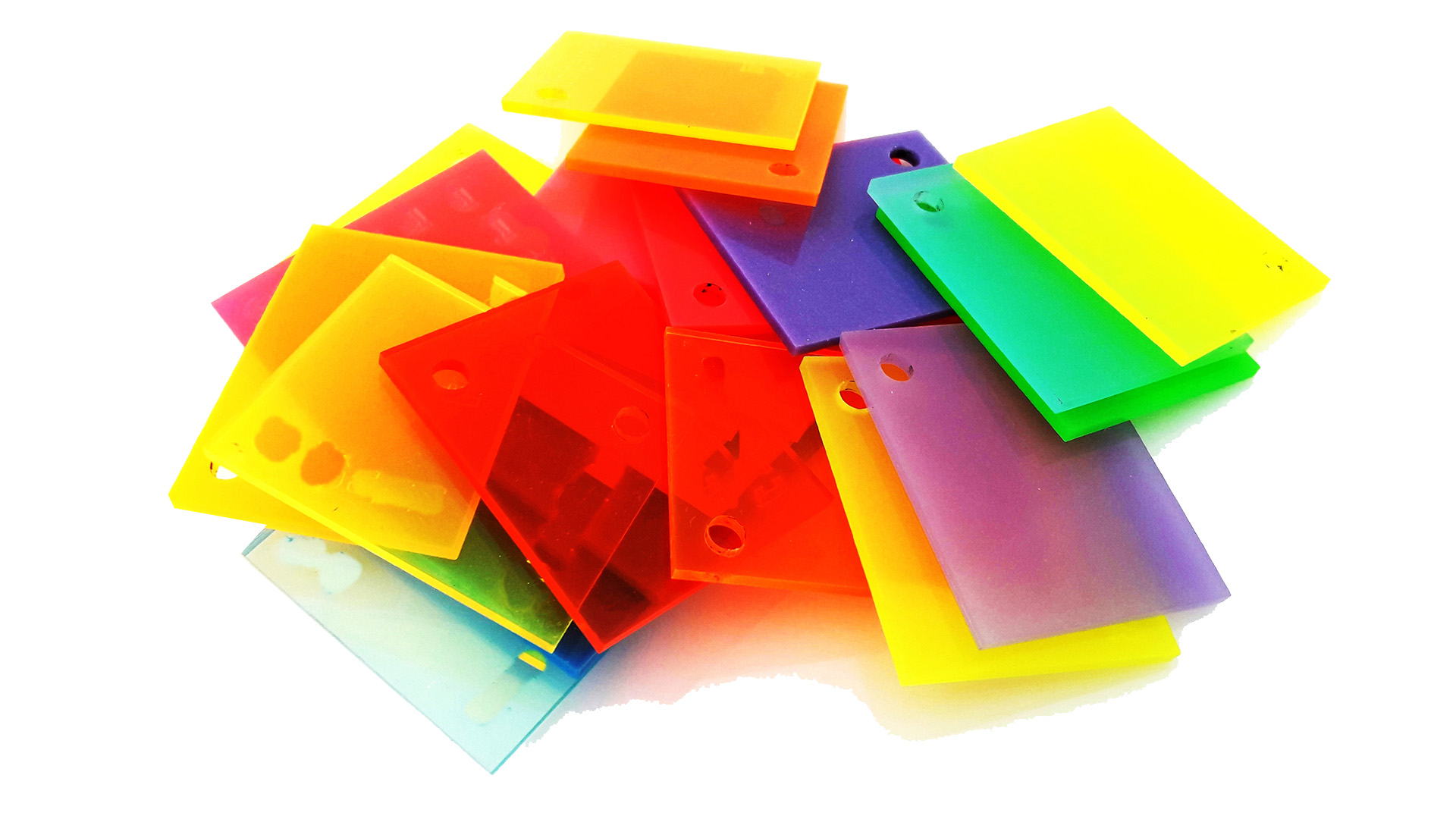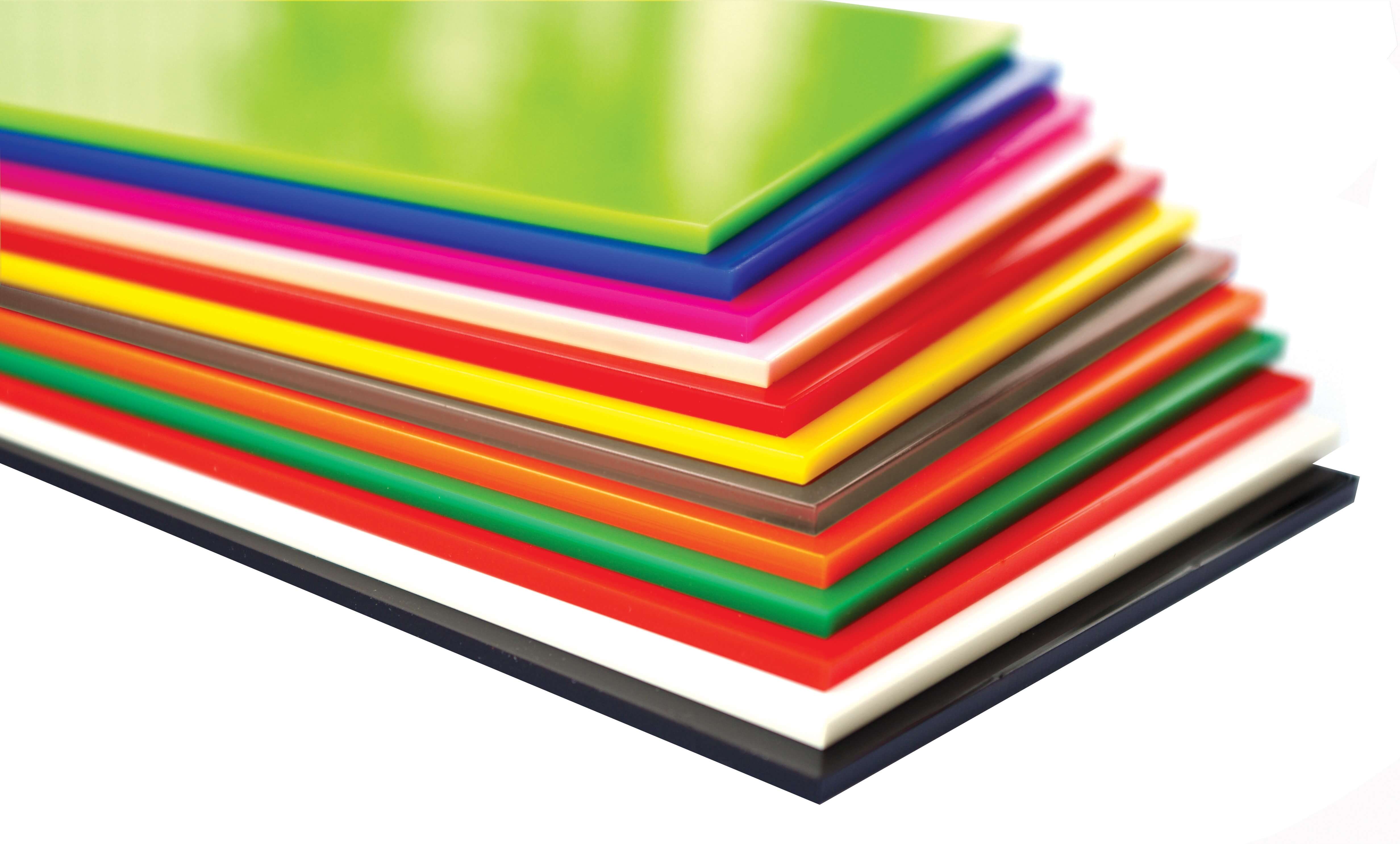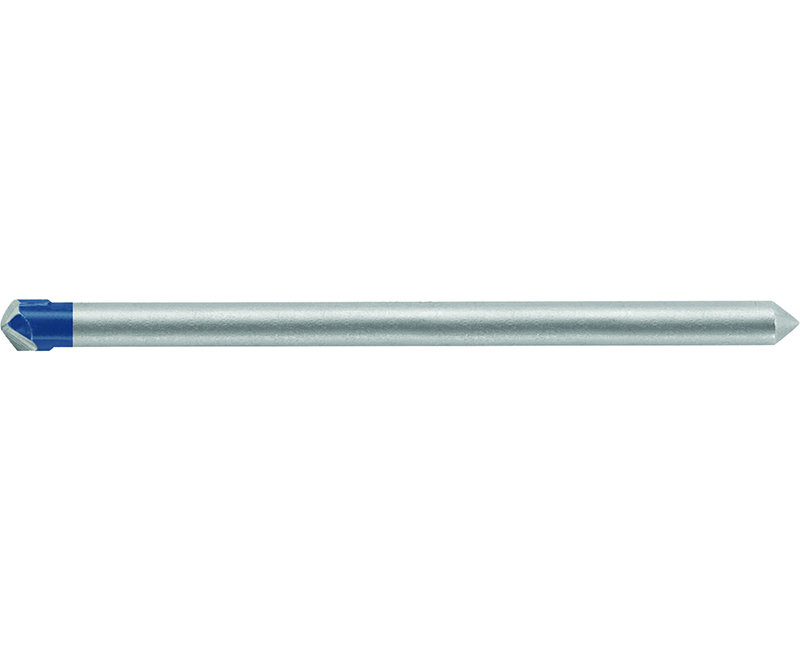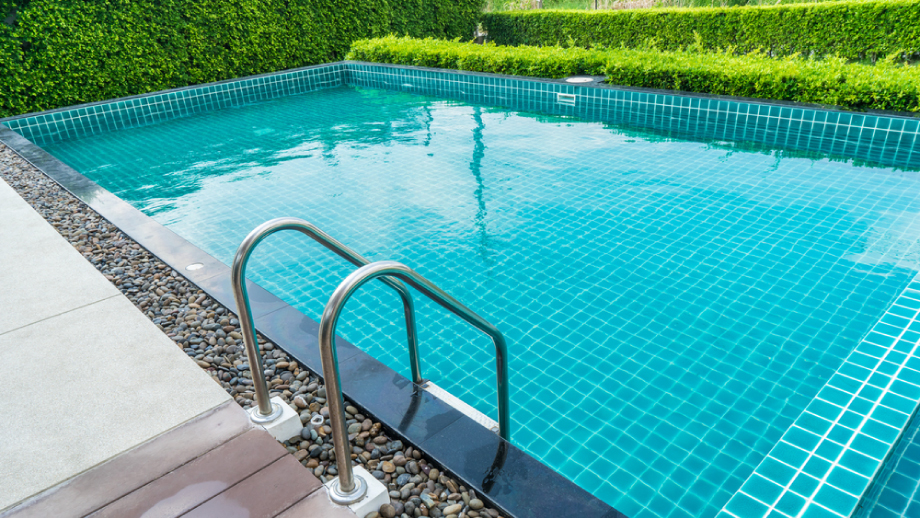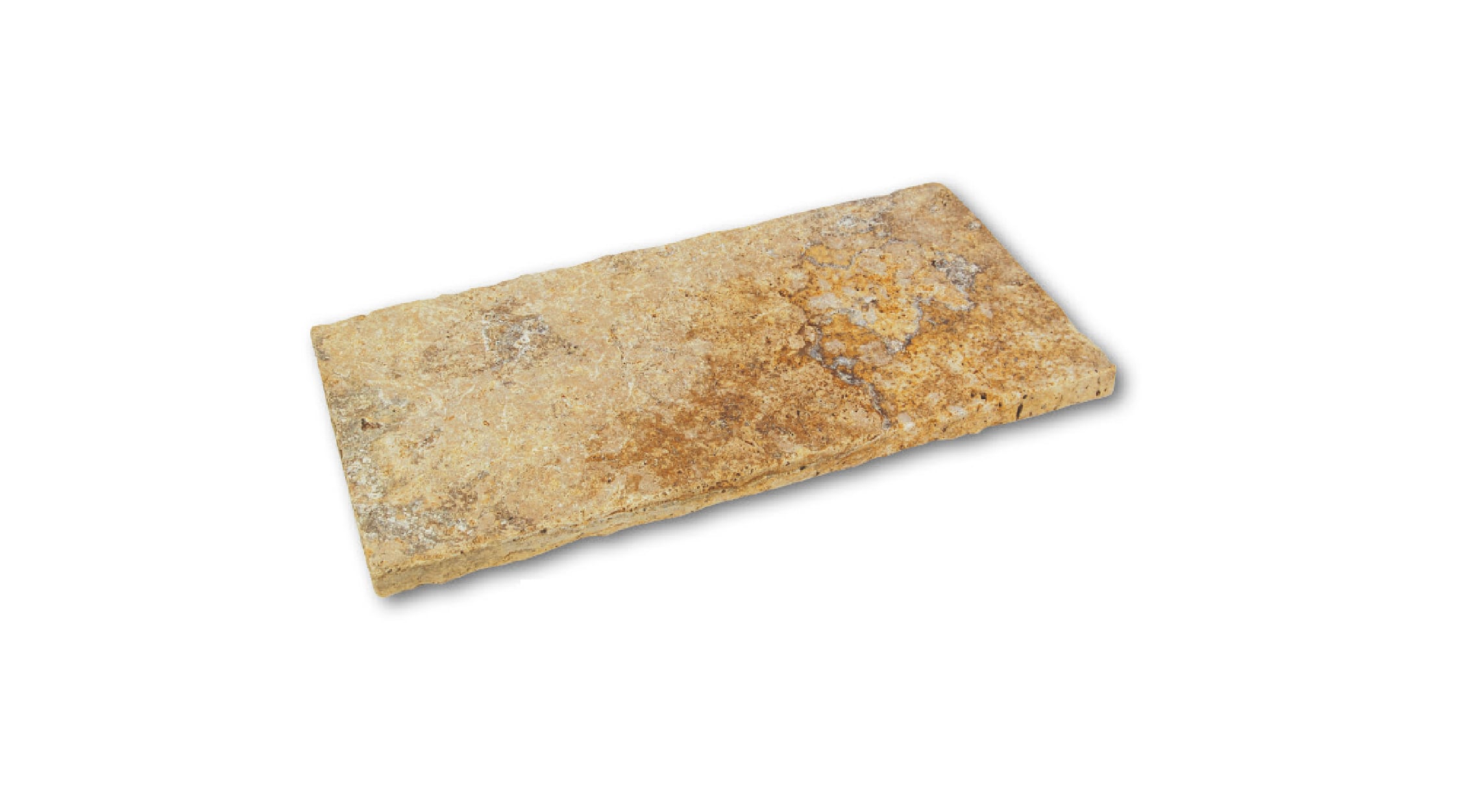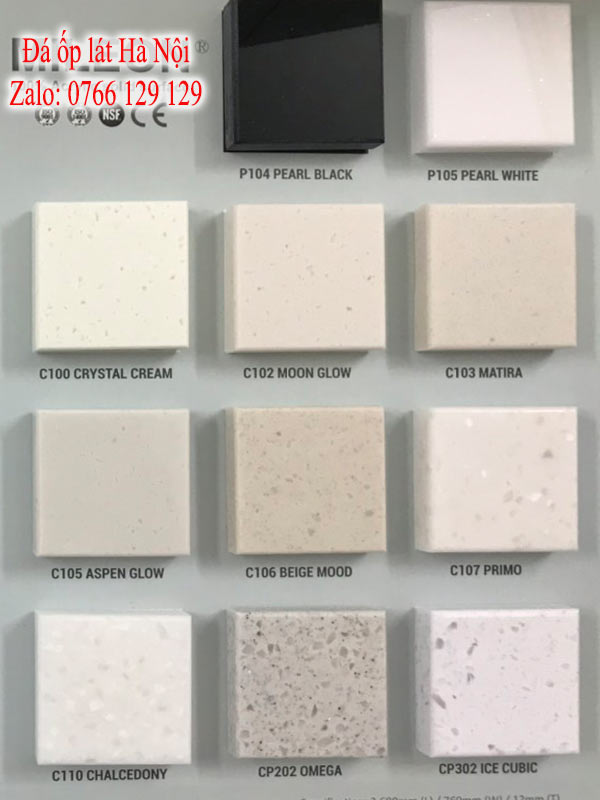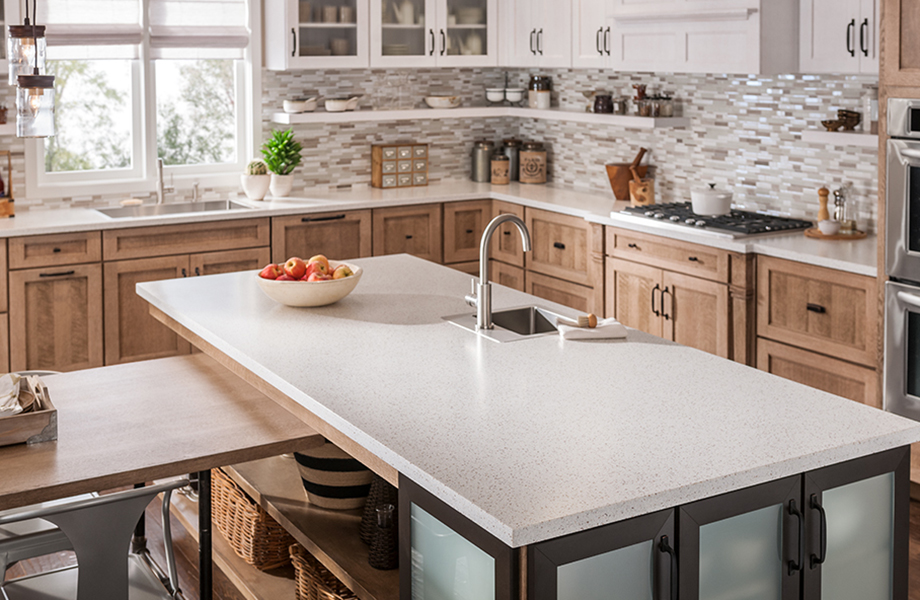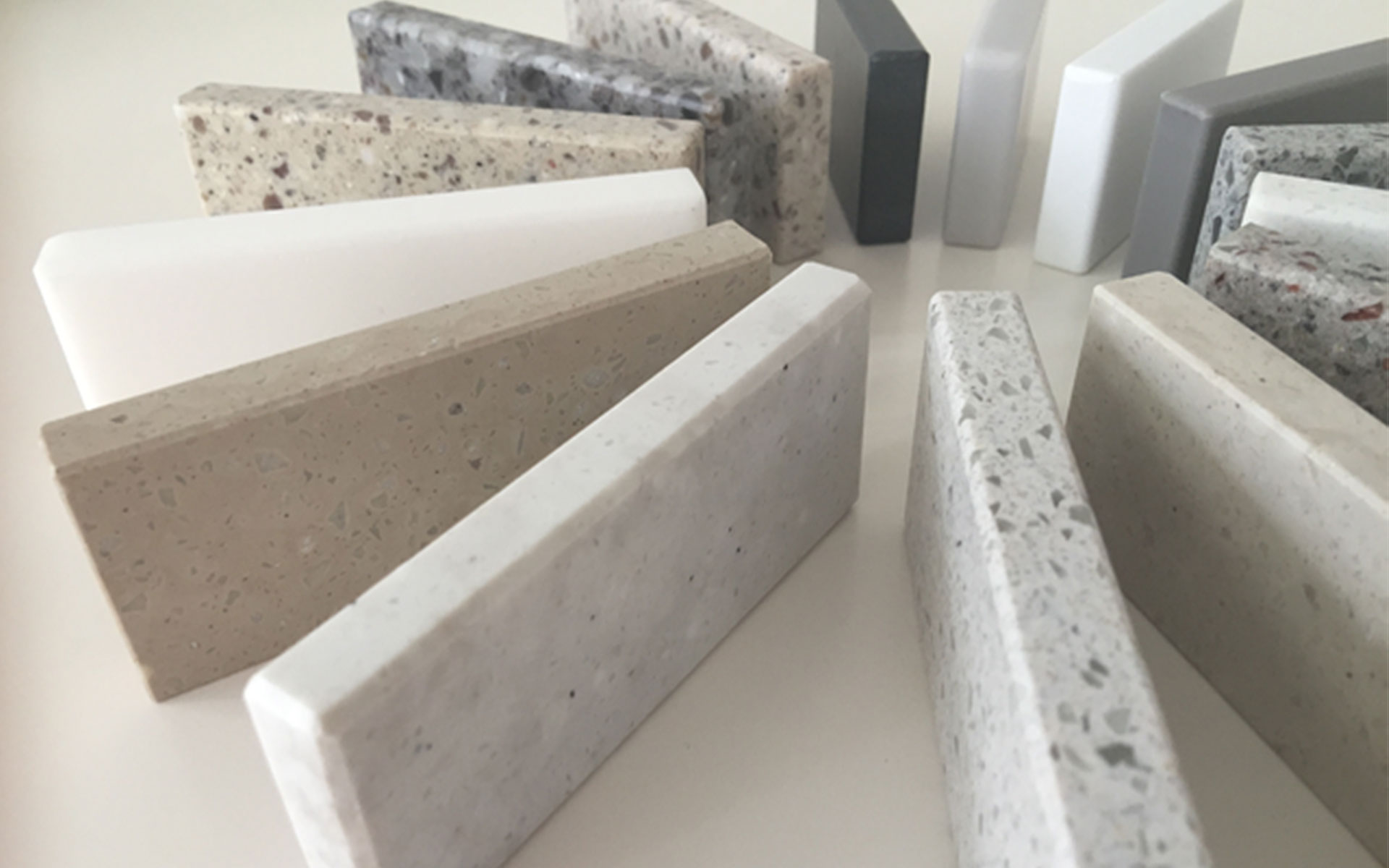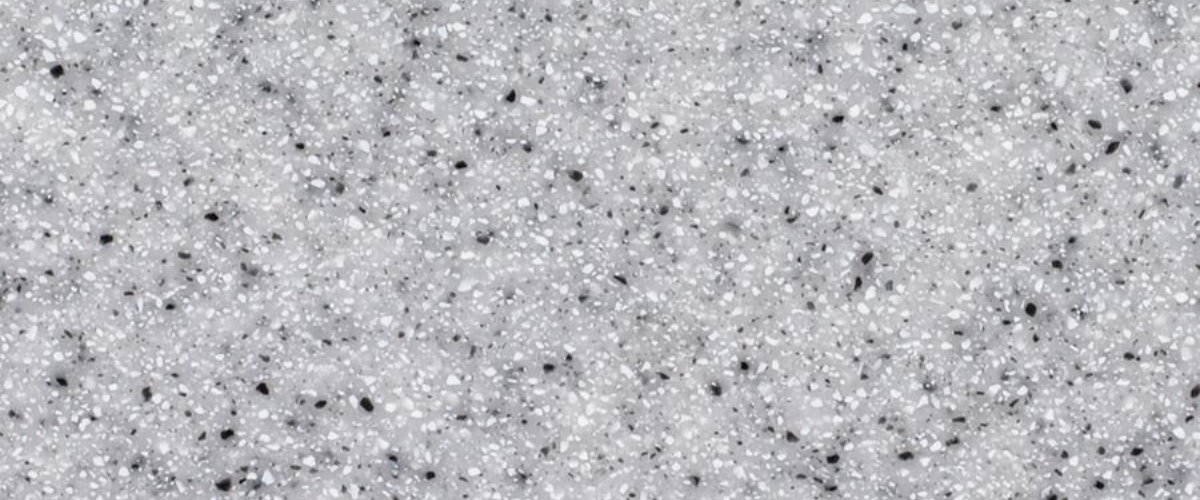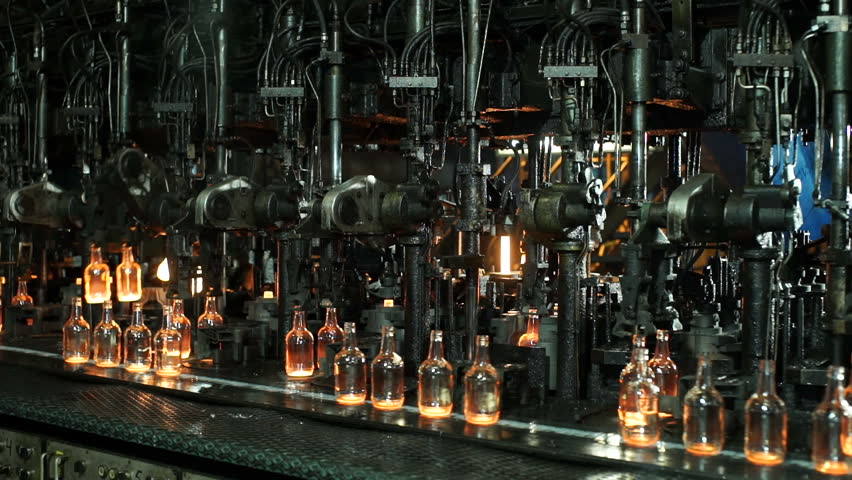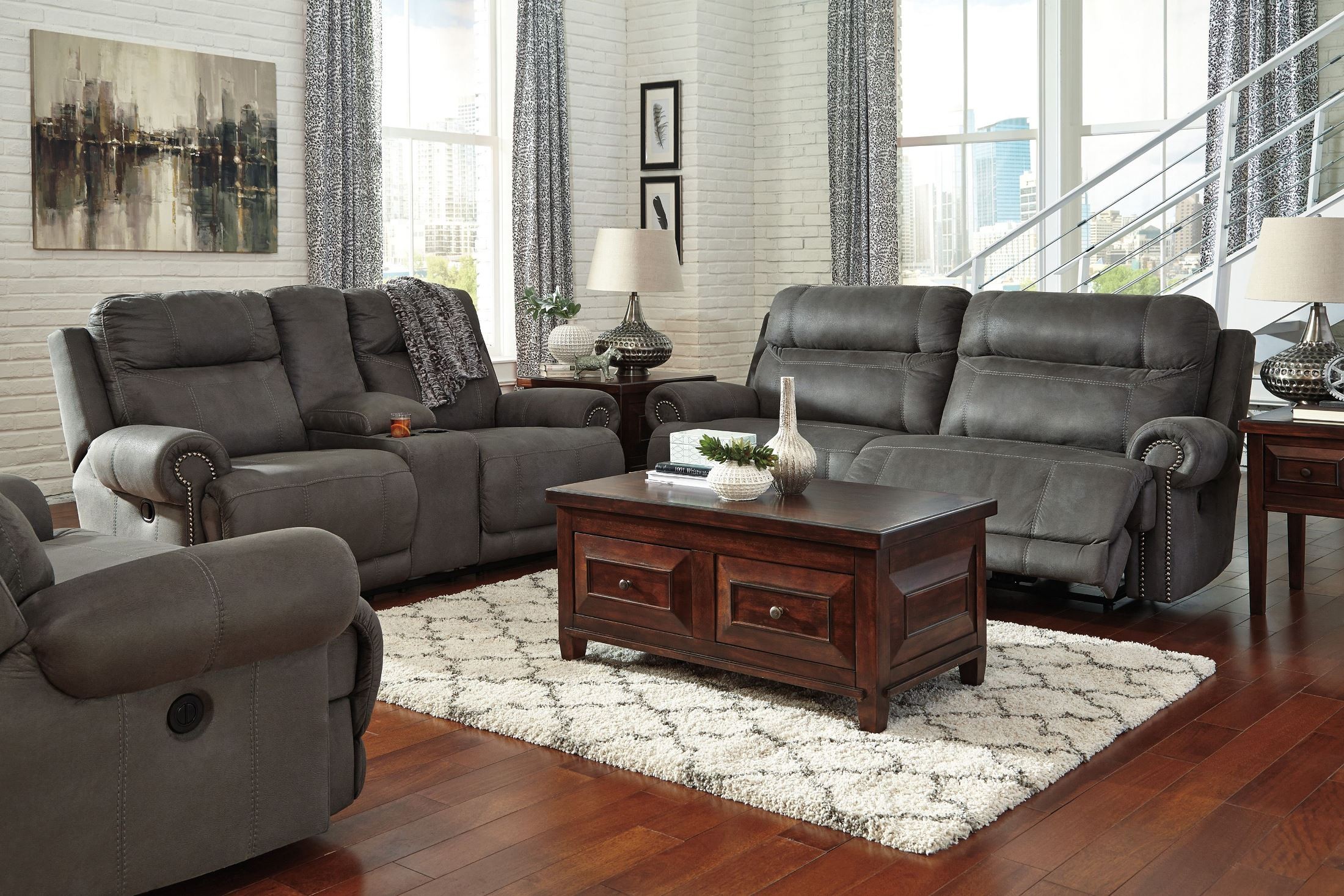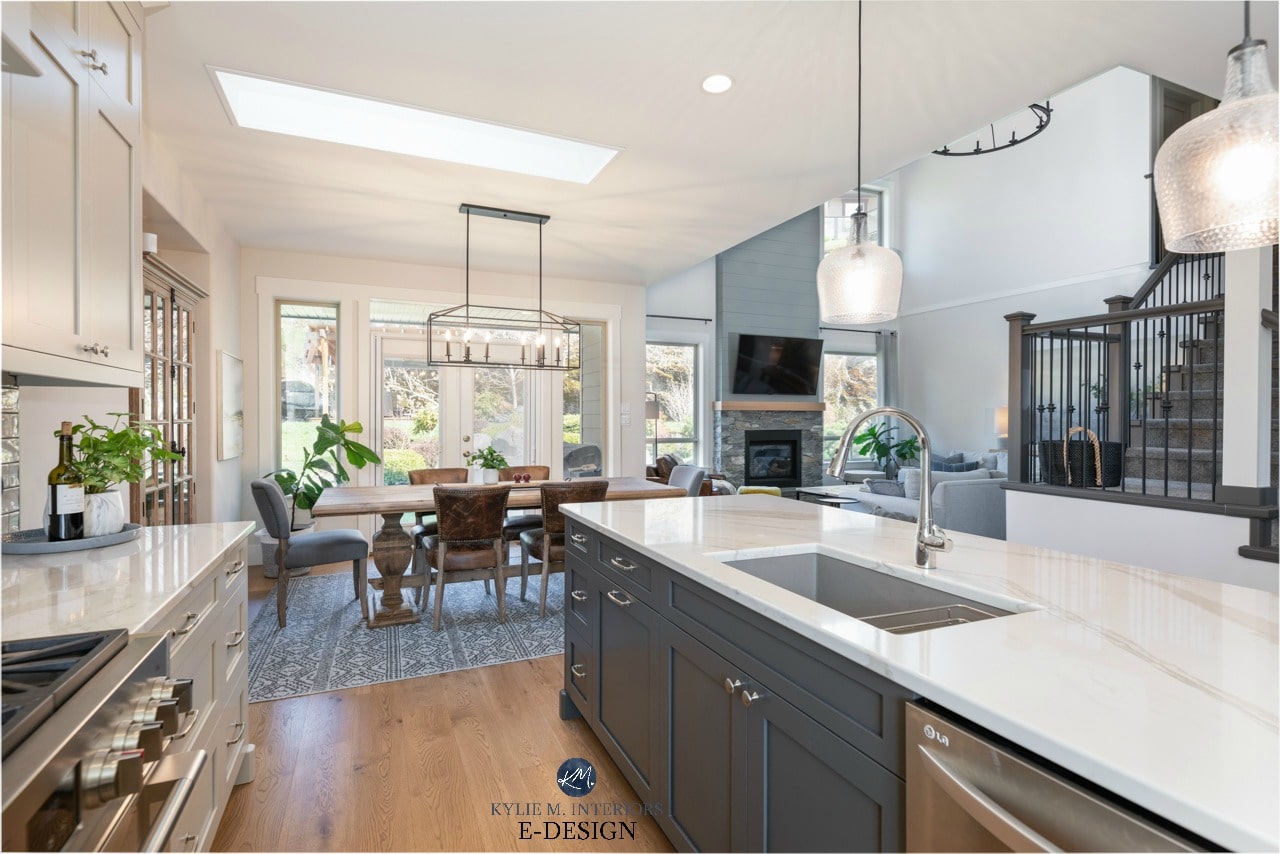When it comes to kitchen sinks, stainless steel is a classic and popular choice. This material is known for its durability, affordability, and versatility. It is also resistant to stains and heat, making it a practical option for a busy kitchen. Stainless steel sinks come in a variety of shapes and sizes, making it easy to find one that fits your kitchen design and needs. Plus, with regular maintenance, they can last for decades.1. Stainless Steel
Another durable and long-lasting option for a kitchen sink is cast iron. This heavy-duty material is made by pouring molten iron into a mold and then coating it with a layer of enamel. Cast iron sinks are resistant to scratches, stains, and heat, making them a great choice for a busy kitchen. They also come in a variety of colors, making it easy to find one that matches your kitchen's aesthetic.2. Cast Iron
Fireclay is a type of ceramic material that is made by molding clay into the shape of a sink and then firing it at high temperatures. This process creates a strong and durable material that is resistant to scratches, stains, and heat. Fireclay sinks have a smooth and glossy finish, making them easy to clean and maintain. They also come in a variety of colors, adding a touch of elegance to any kitchen.3. Fireclay
A composite granite sink is made by combining granite stone dust with acrylic resin. This results in a material that is both durable and stylish. Composite granite sinks are resistant to scratches, stains, and heat, and they are available in a variety of colors and finishes to match your kitchen's style. They also have a natural stone-like appearance, adding a touch of luxury to your kitchen.4. Composite Granite
Porcelain is a type of ceramic material that is made by firing clay at high temperatures. This results in a smooth and durable material that is resistant to stains and heat. Porcelain sinks are also easy to clean and maintain, making them a practical choice for any kitchen. They come in a variety of colors and styles, allowing you to choose one that fits your kitchen design.5. Porcelain
If you want to add a touch of elegance and warmth to your kitchen, a copper sink may be the perfect choice. This material is known for its unique and beautiful patina that develops over time. Copper sinks are also naturally antibacterial, making them a hygienic option for your kitchen. They are durable and resistant to scratches and heat, but they do require regular maintenance to maintain their shine.6. Copper
Acrylic sinks are made by mixing acrylic resin with other materials, such as fiberglass or quartz. This results in a lightweight and durable material that is resistant to scratches and stains. Acrylic sinks come in a variety of colors and designs, making it easy to find one that complements your kitchen's style. They are also easy to install and maintain, making them a popular choice for many homeowners.7. Acrylic
Natural stone sinks, such as granite, marble, and soapstone, are a luxurious and timeless option for a kitchen sink. Each stone has its unique characteristics, making it a one-of-a-kind addition to your kitchen. Natural stone sinks are resistant to scratches, stains, and heat, but they do require regular sealing and maintenance to keep them looking their best. They also come in a variety of colors and patterns, adding a touch of natural beauty to your kitchen.8. Natural Stone
Solid surface sinks are made by combining acrylic and polyester resins with natural materials, such as crushed stone or glass. This results in a durable and non-porous material that is resistant to stains and scratches. Solid surface sinks have a seamless and smooth surface, making them easy to clean and maintain. They also come in a variety of colors and designs, allowing you to choose one that fits your kitchen's style.9. Solid Surface
A glass sink may not be the most practical option for a busy kitchen, but it can add a touch of modern and elegance to your space. Glass sinks are available in a variety of colors and designs, from clear to frosted, making it easy to find one that suits your kitchen's style. They are also non-porous and easy to clean, but they can be susceptible to scratches and chips if not handled carefully.10. Glass
The Importance of Choosing the Right Material for Your Kitchen Sink
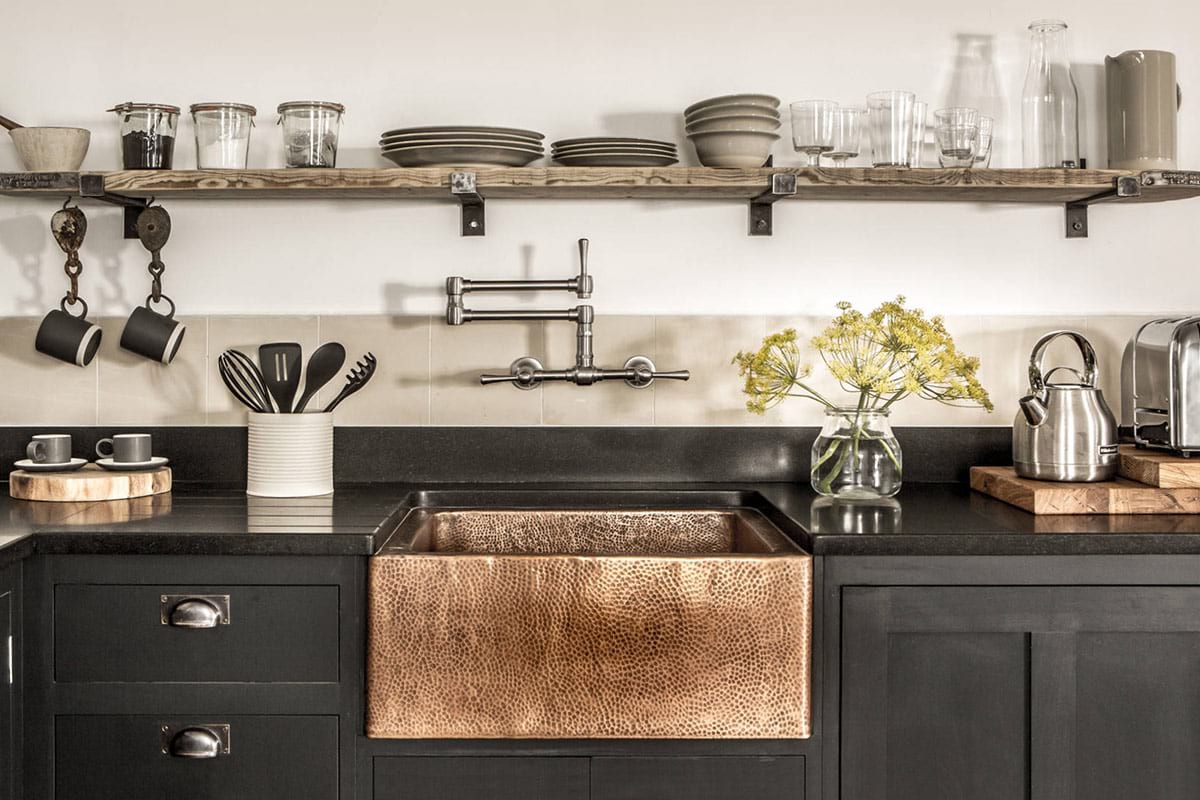
Choosing the right material for your kitchen sink is an important decision when it comes to designing your home. Not only is the sink a functional aspect of your kitchen, but it is also a prominent design element. The material you choose can greatly impact the overall look and feel of your kitchen, as well as its durability and maintenance needs.
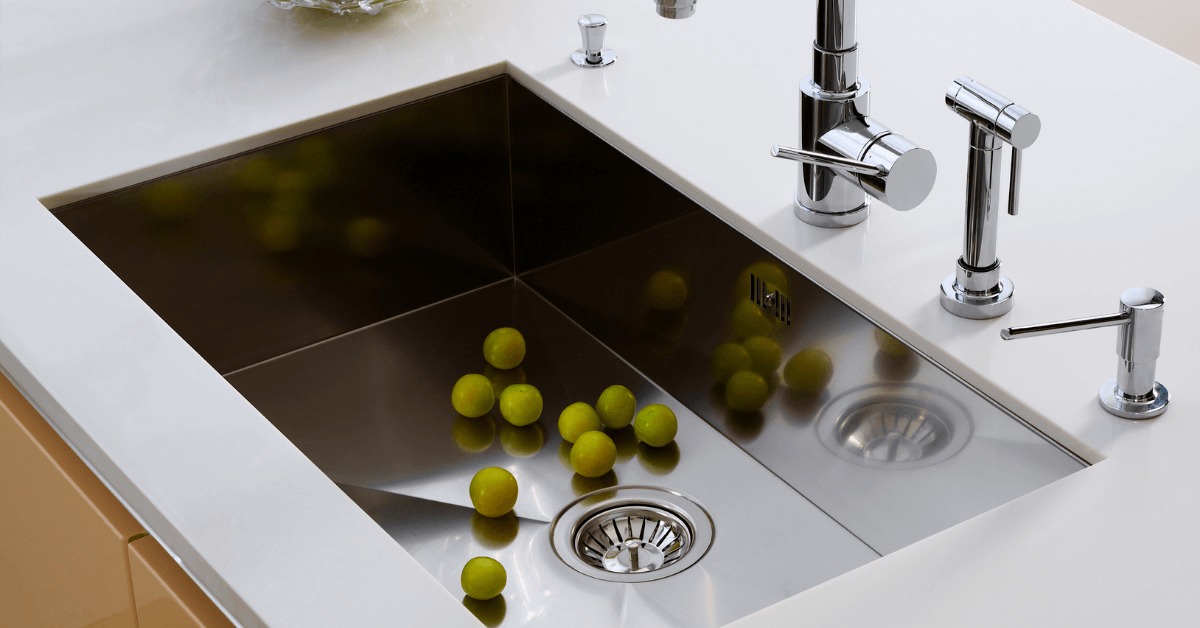
There are a variety of materials to choose from when it comes to kitchen sinks, each with their own unique qualities and benefits. By understanding the differences between materials, you can make an informed decision that suits your needs and preferences.
Stainless Steel Sinks

Stainless steel is a popular choice for kitchen sinks due to its durability and versatility. It is resistant to stains, scratches, and heat, making it a great choice for busy kitchens. Stainless steel also has a sleek and modern look that can complement a variety of kitchen designs.
When it comes to maintenance, stainless steel is relatively easy to clean and maintain. However, it can be prone to water spots and scratches, so it's important to choose a higher quality stainless steel with a thicker gauge for added durability.
Composite Sinks

Composite sinks are made from a combination of materials such as granite, quartz, or acrylic resins. They offer a natural stone look and are available in a variety of colors to match your kitchen design. Composite sinks are also durable and resistant to scratches and heat.
One of the main benefits of composite sinks is their resistance to stains and bacteria. They are non-porous, making them easy to clean and maintain. However, they can be more expensive than other materials and may require professional installation.
Fireclay Sinks
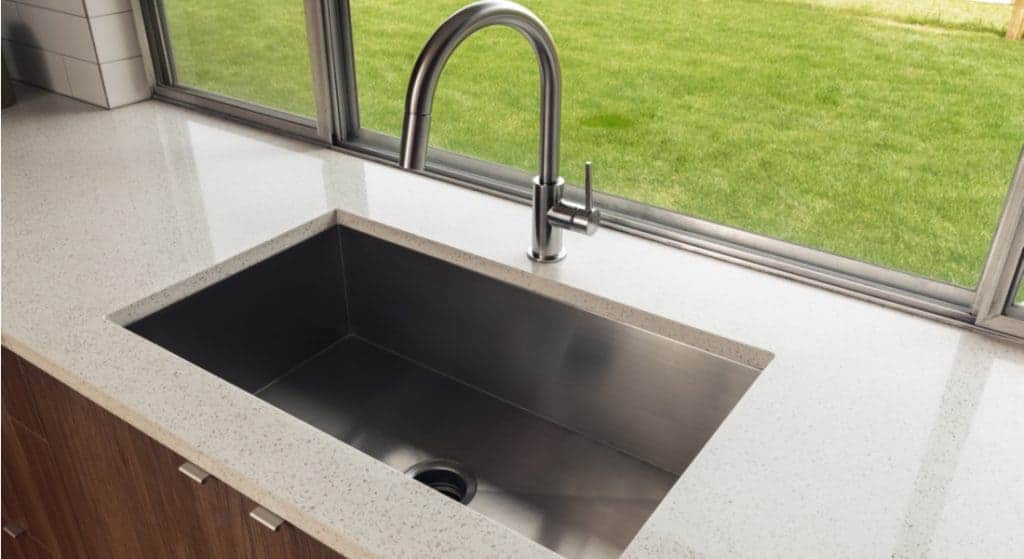
Fireclay sinks are made from a mixture of clay and glaze that is fired at high temperatures. They offer a classic and elegant look that can add a touch of traditional charm to your kitchen. Fireclay sinks are also highly resistant to stains and scratches, making them a low maintenance option.
One thing to keep in mind with fireclay sinks is that they can be prone to chipping, so it's important to handle them with care. They are also heavier than other materials, so they may require additional support during installation.
Copper Sinks

Copper sinks offer a unique and eye-catching option for your kitchen design. They have a warm and rustic look that can add character to your space. Copper is also naturally antibacterial, making it a hygienic choice for your kitchen.
However, copper sinks do require regular maintenance to prevent tarnishing and patina. They can also be more expensive than other materials and may not be suitable for every kitchen design.
Conclusion

Choosing the right material for your kitchen sink is an important aspect of designing your home. Consider your budget, style preferences, and maintenance needs when making your decision. With the right material, your kitchen sink can be both functional and visually appealing, adding to the overall aesthetic of your home.



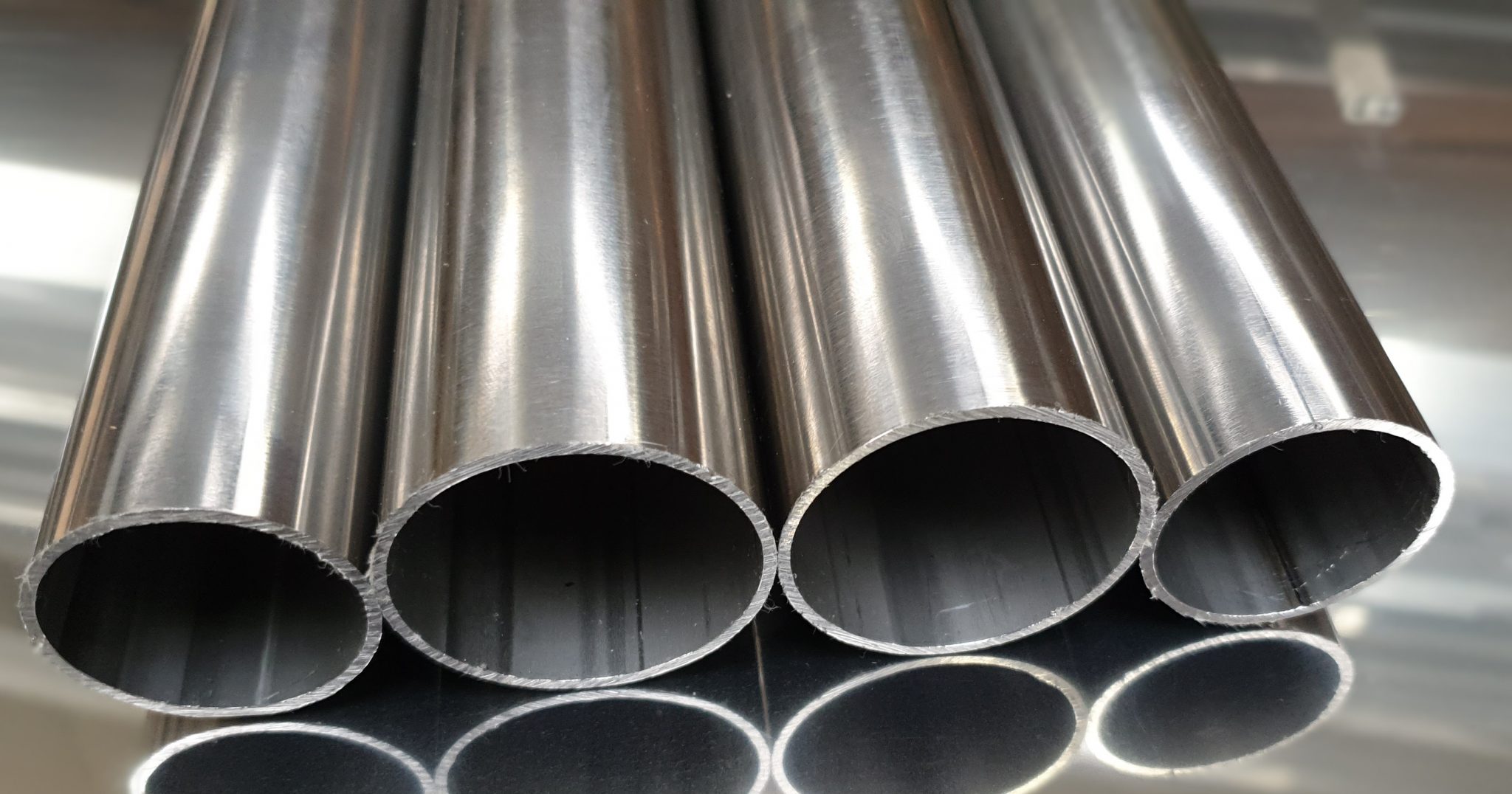


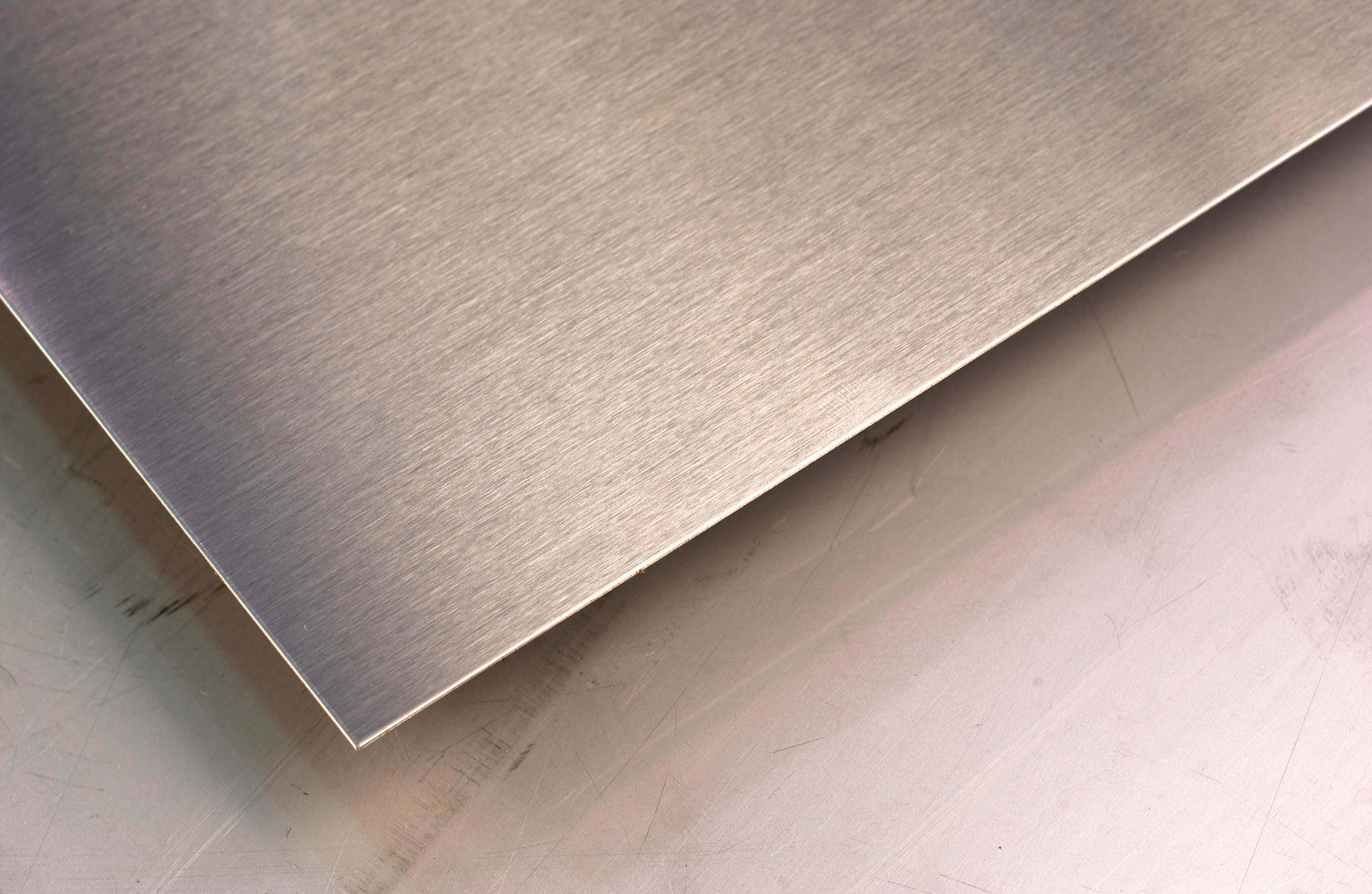


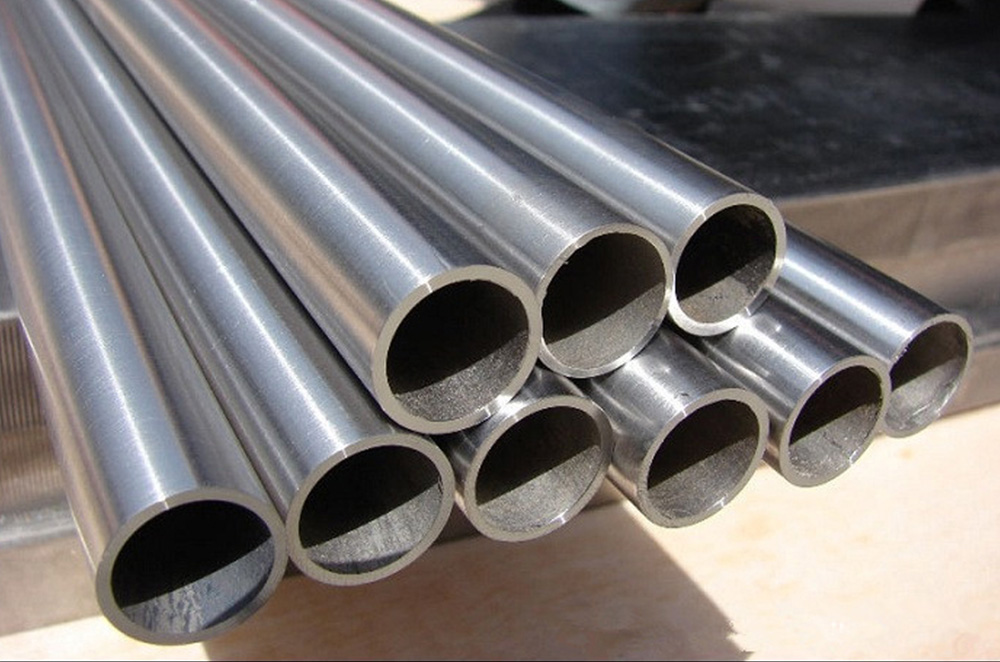
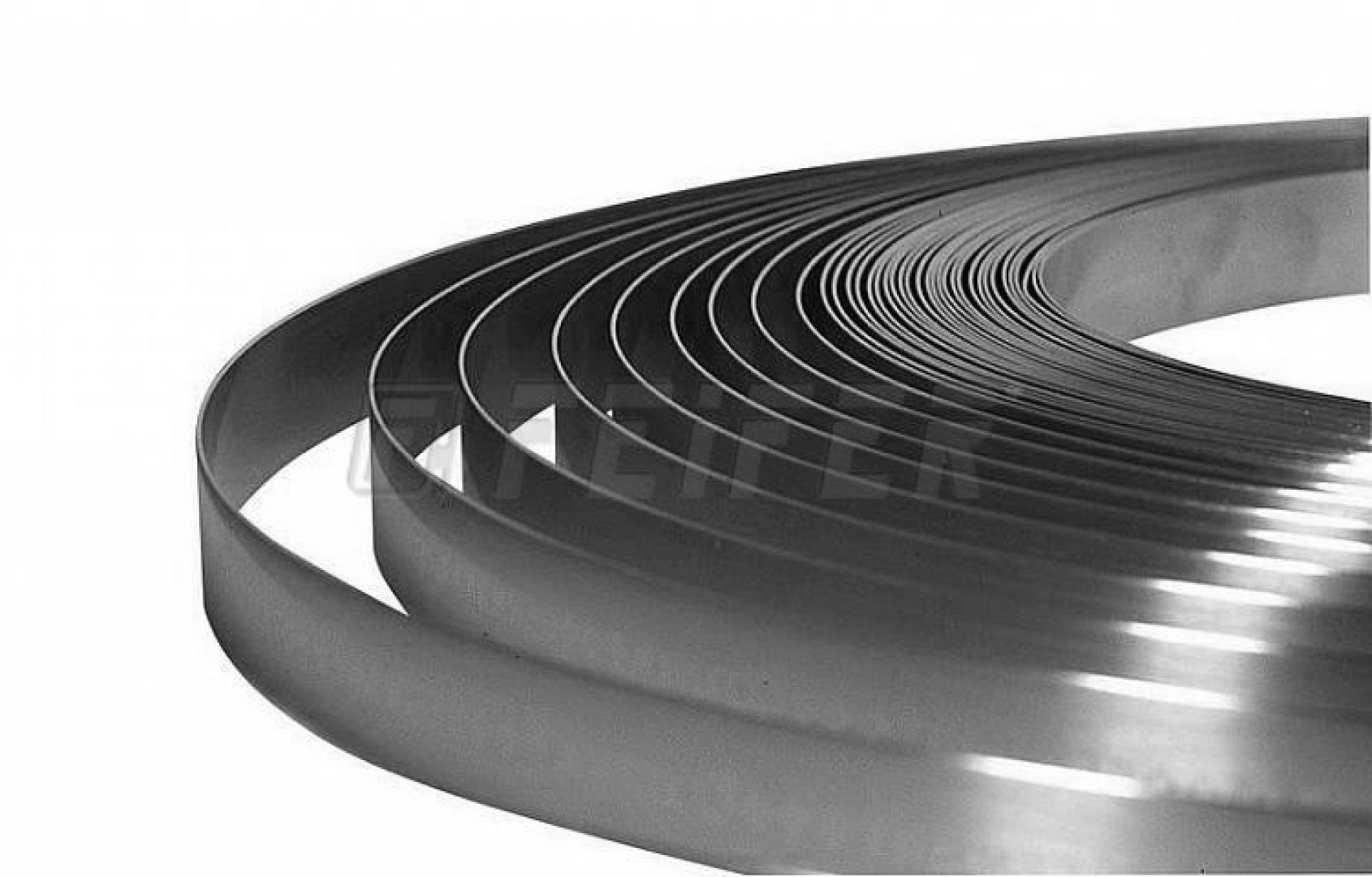
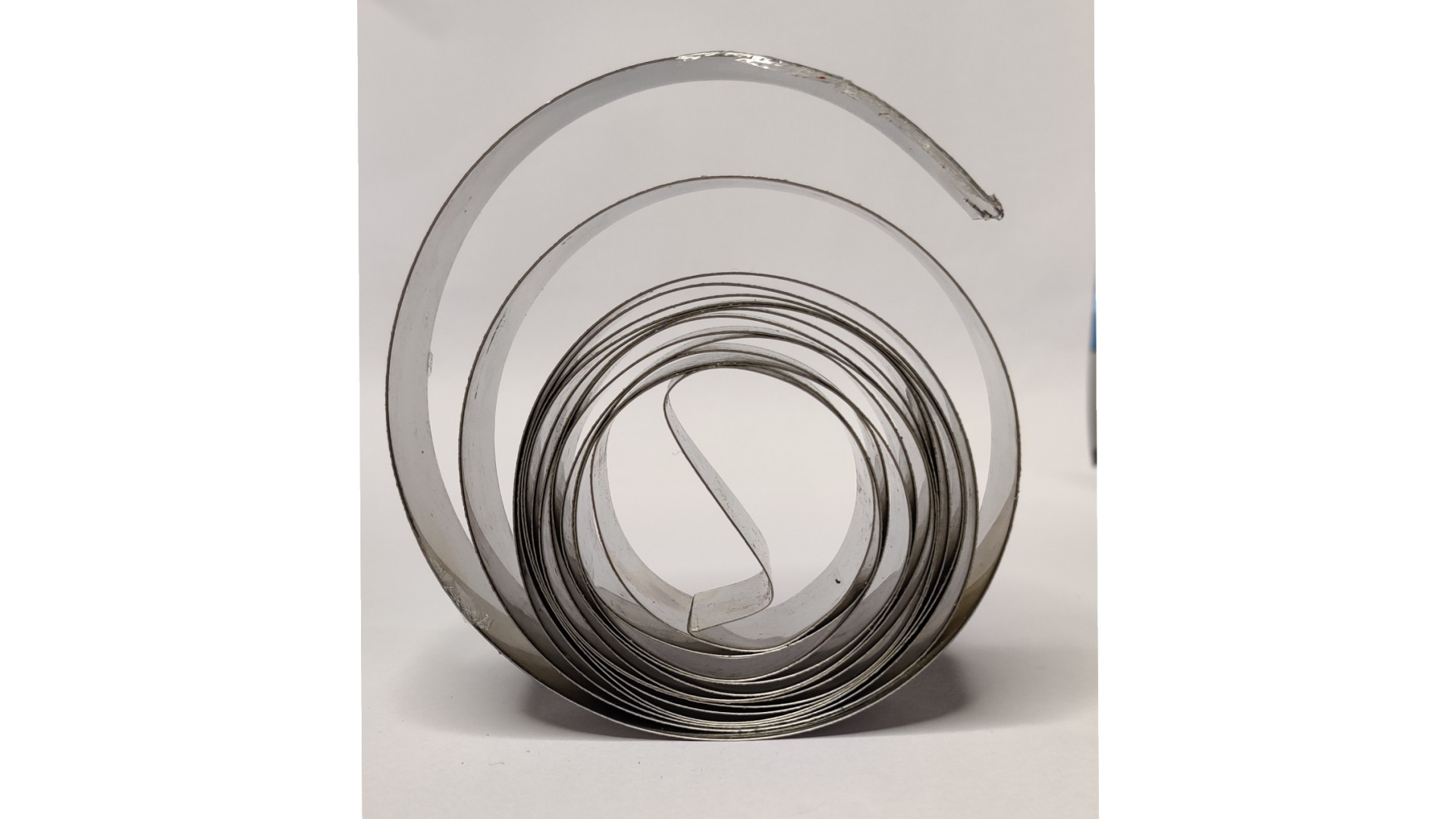













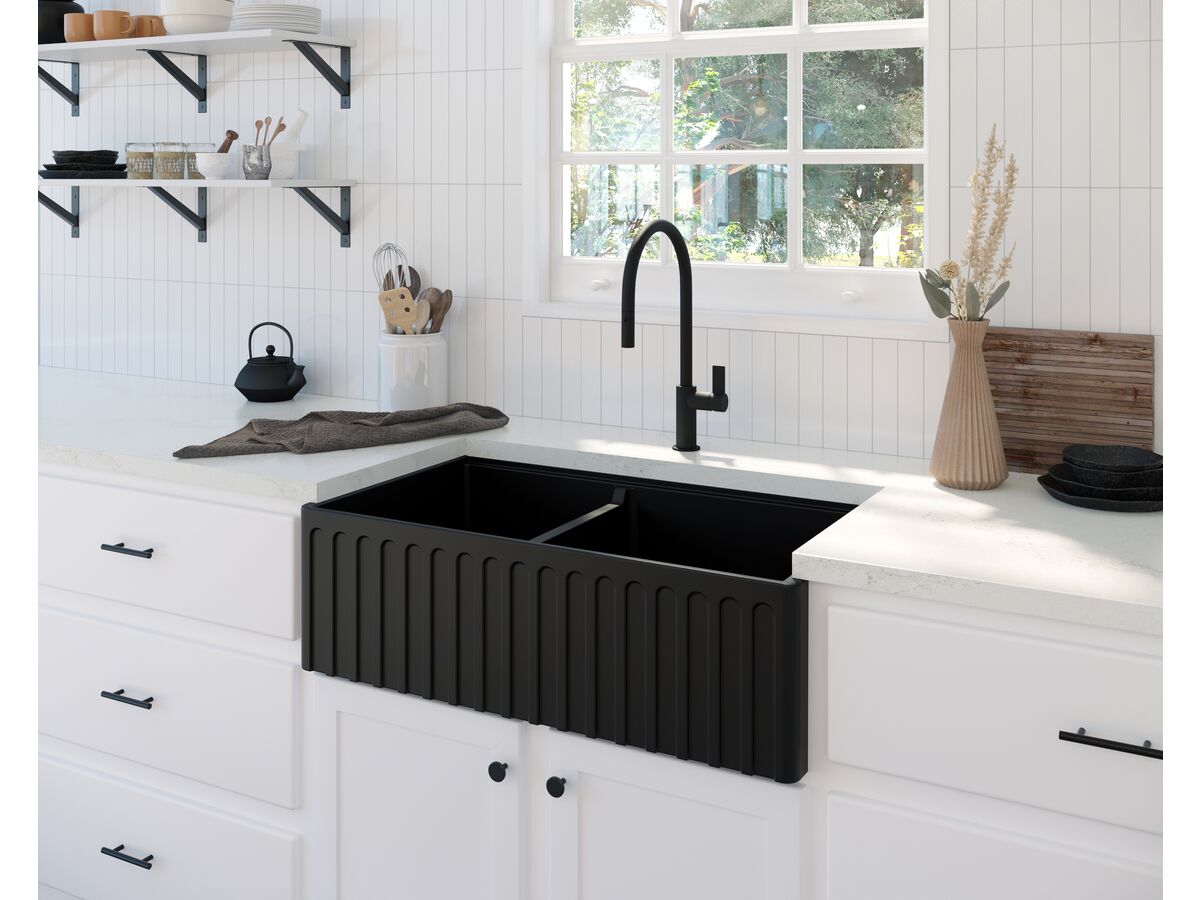
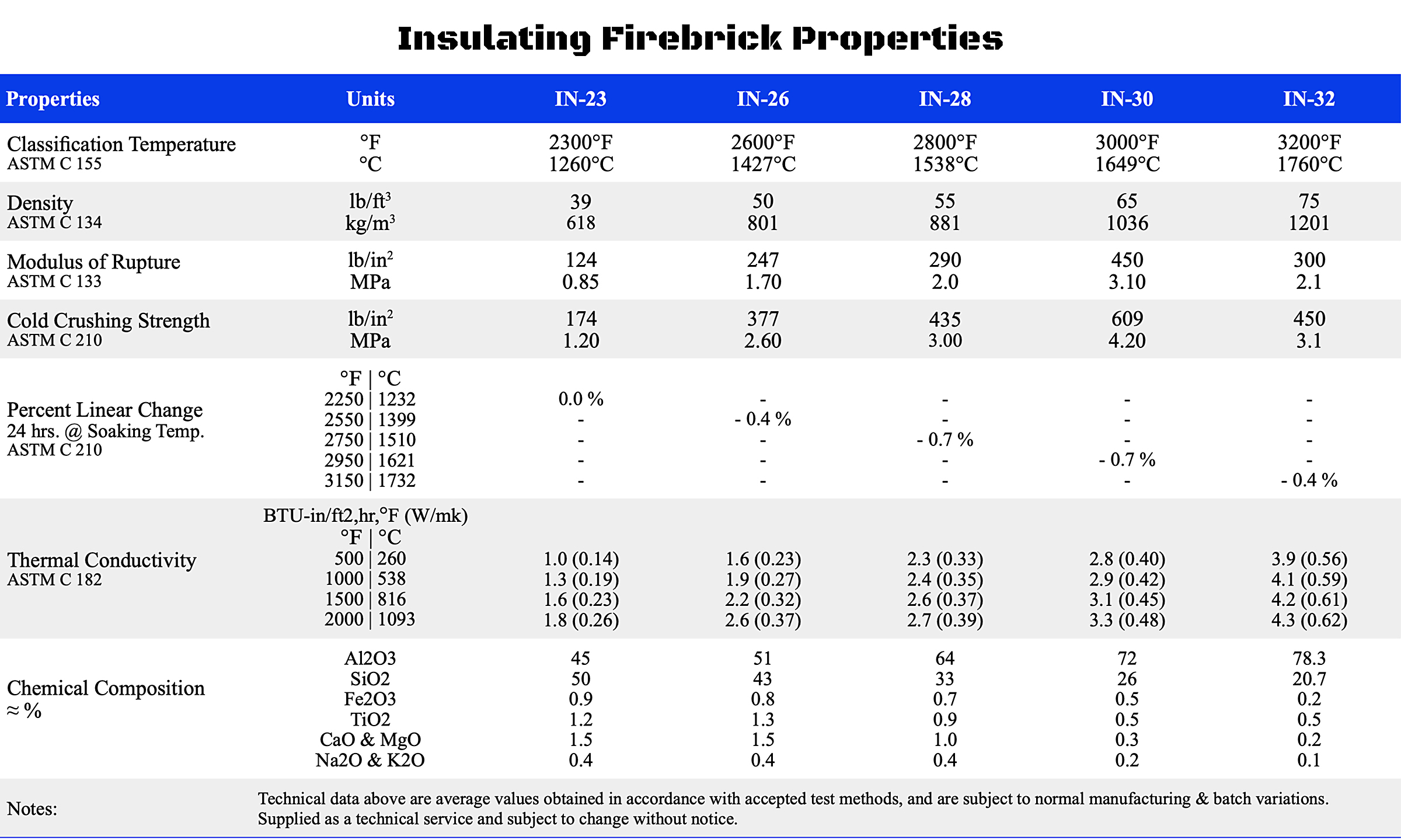
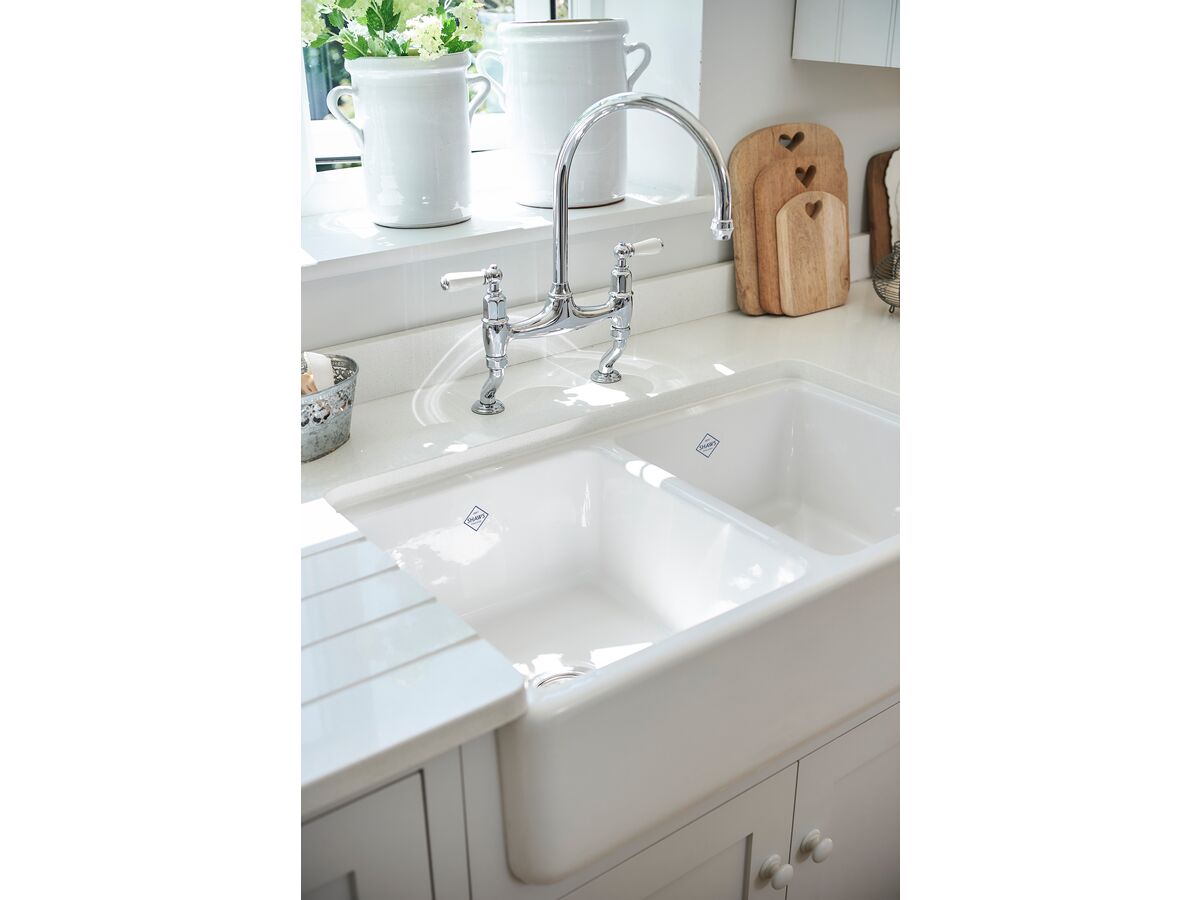











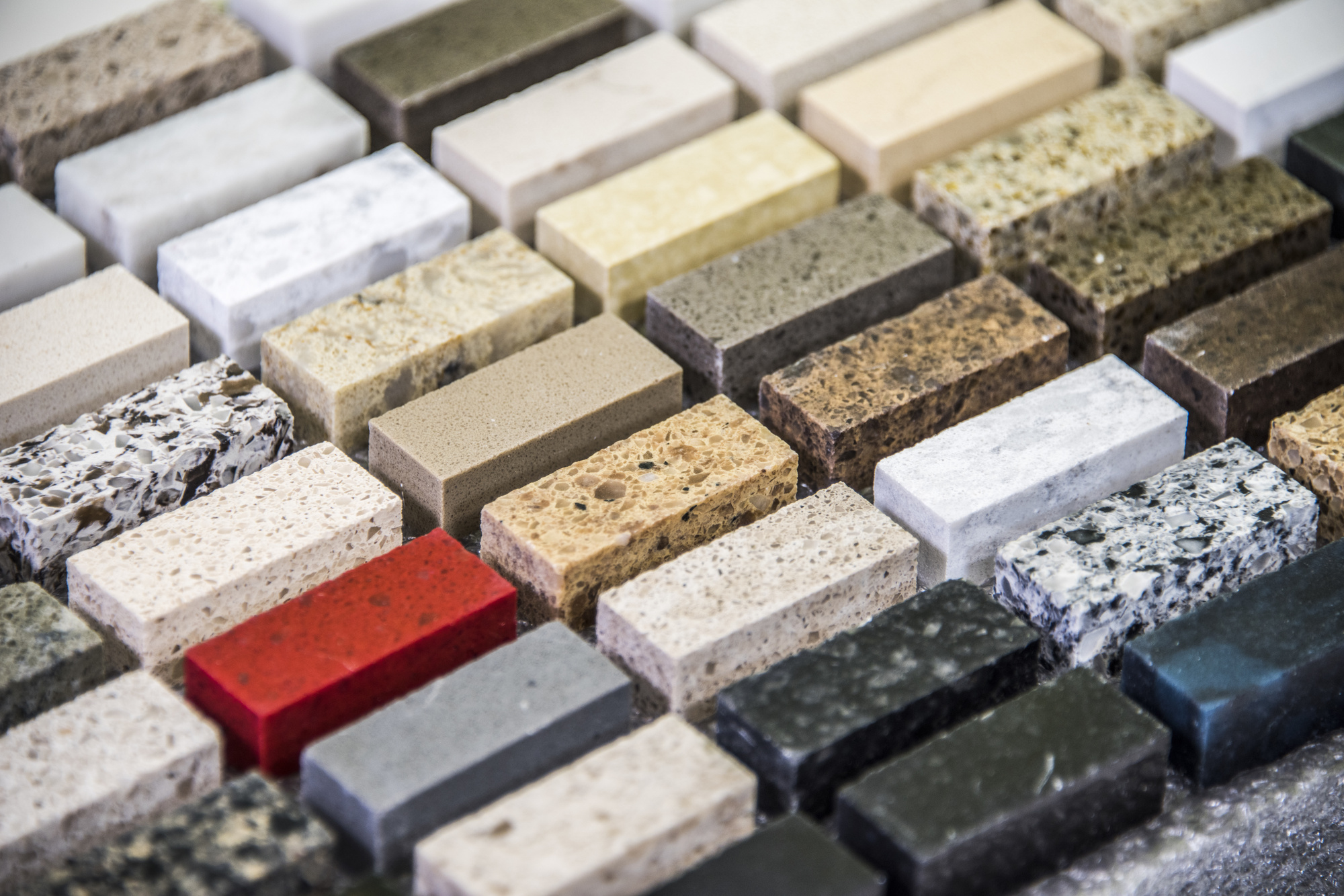

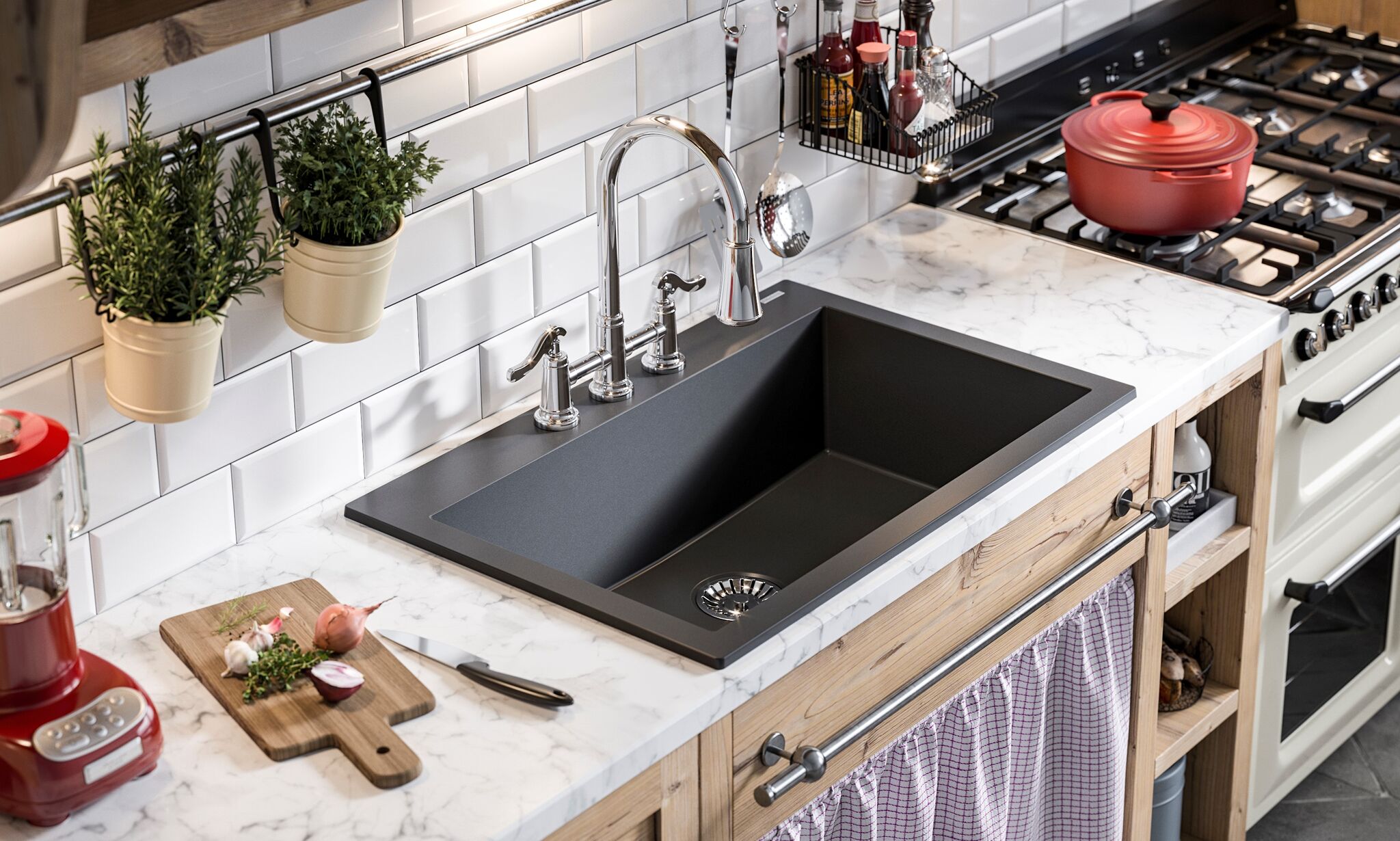




.jpg?w=400)
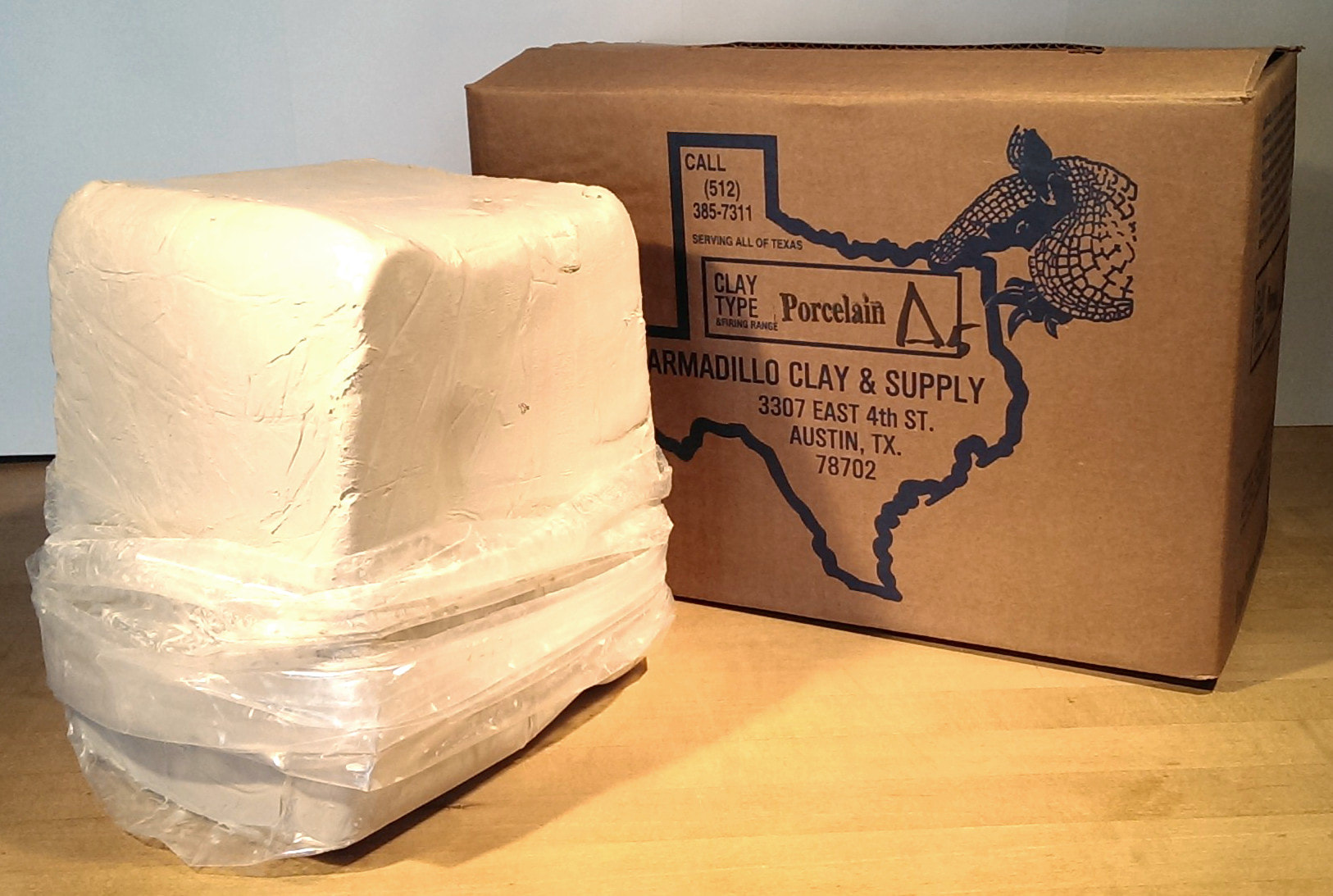





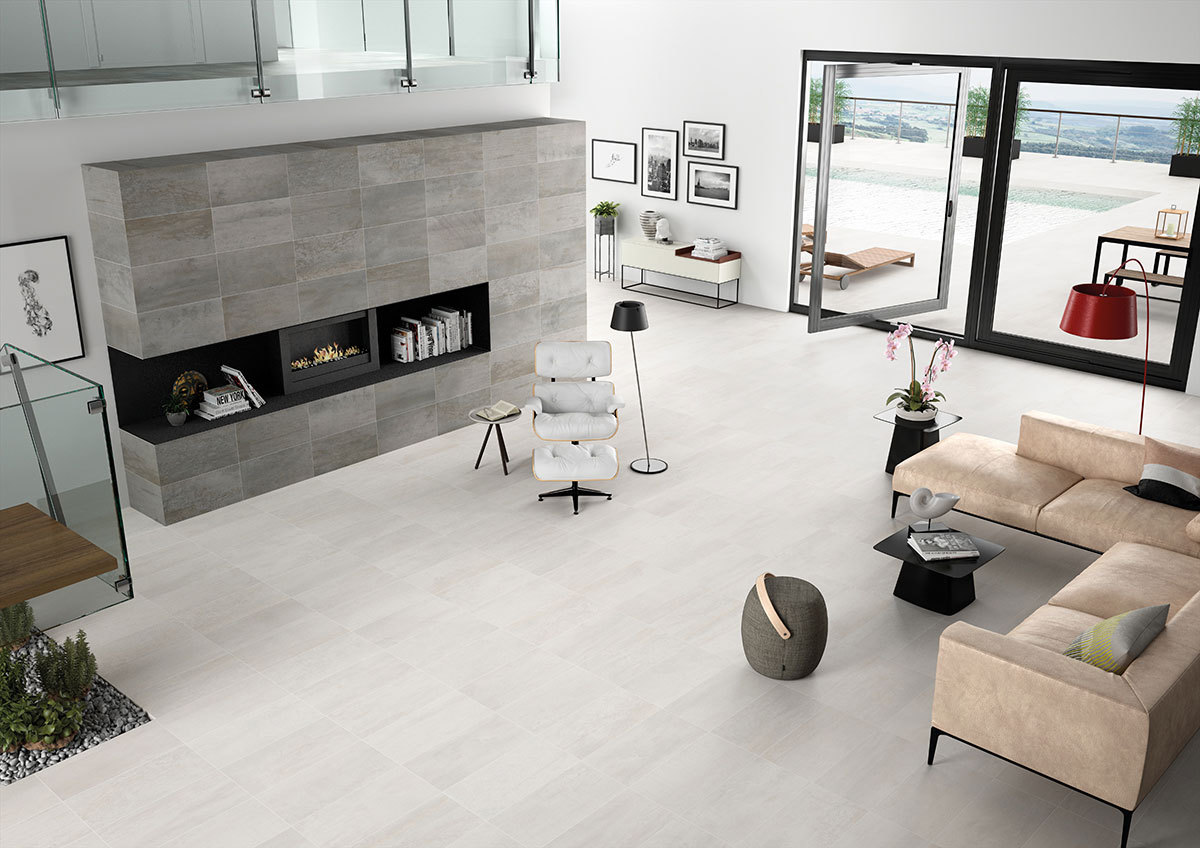
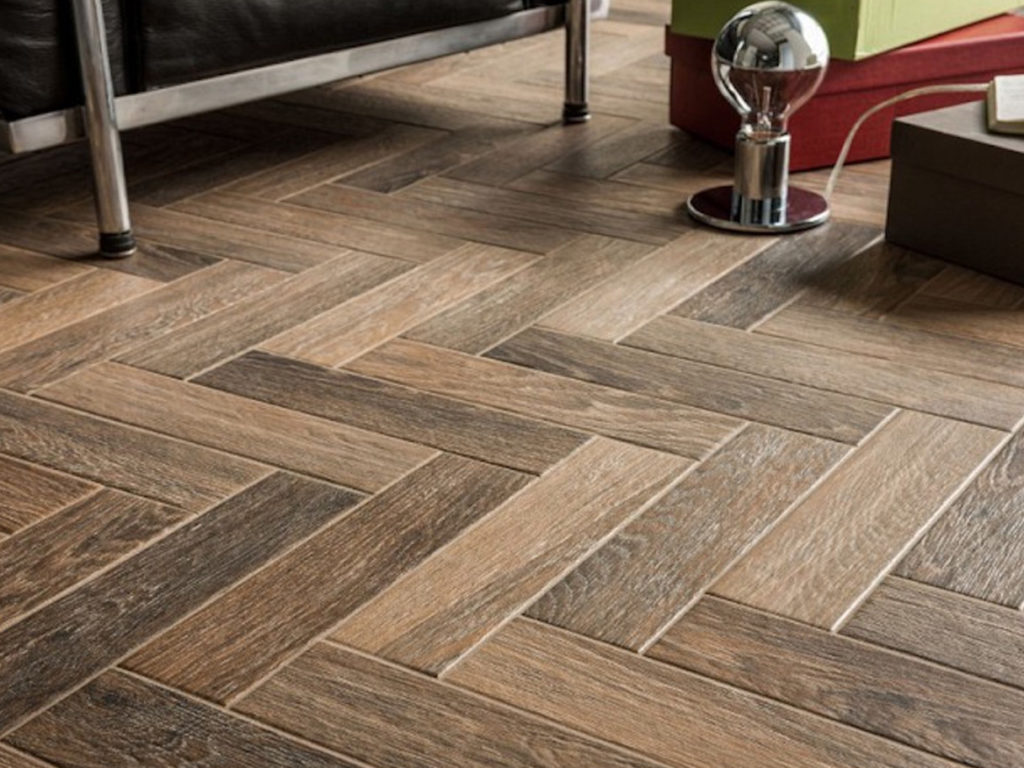





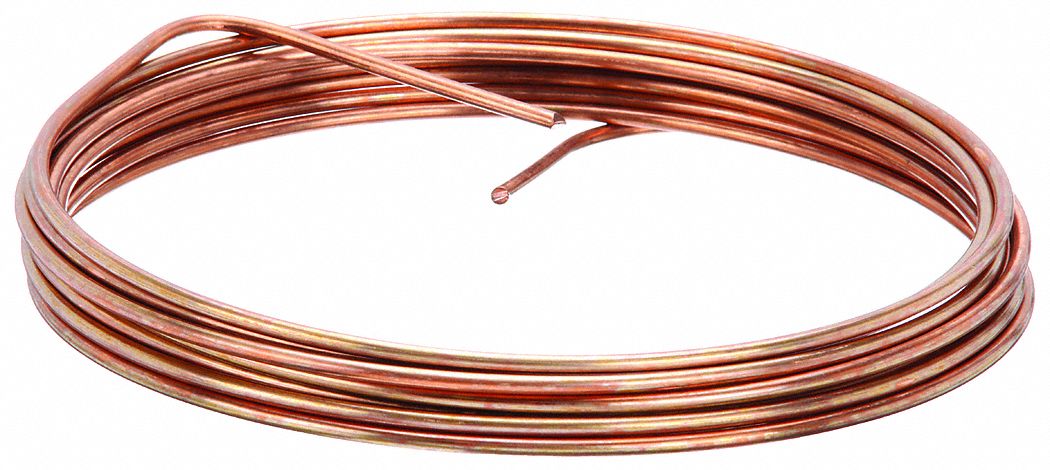




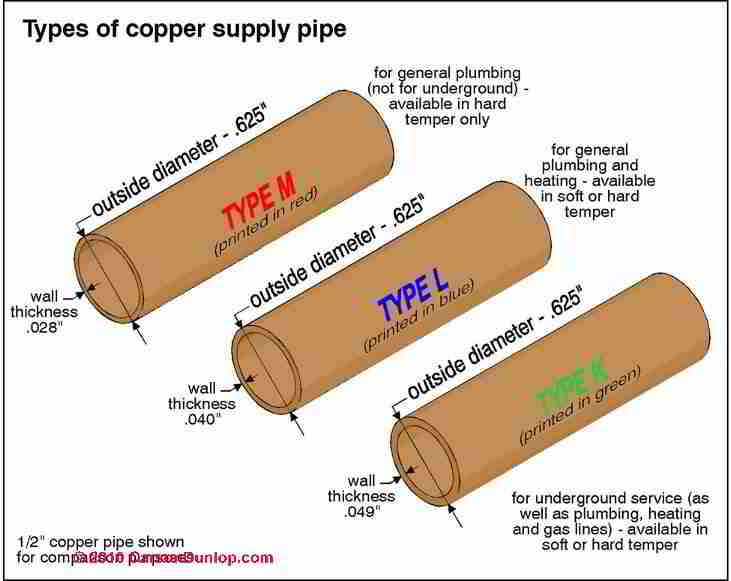




/85576653-56a6e6b65f9b58b7d0e568f1.jpg)

